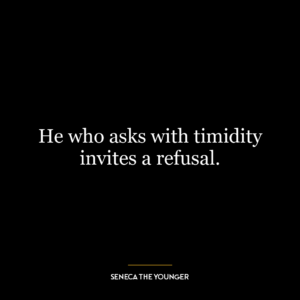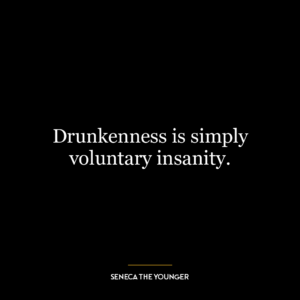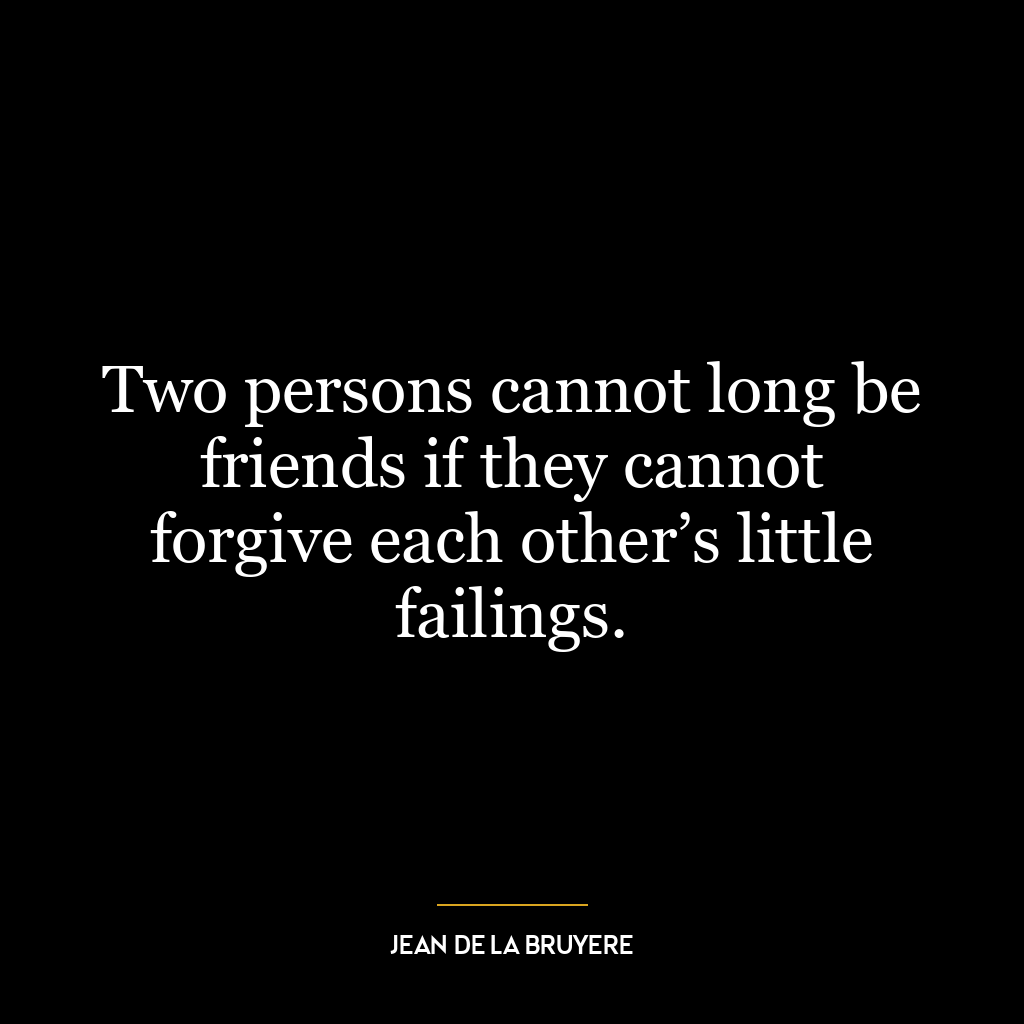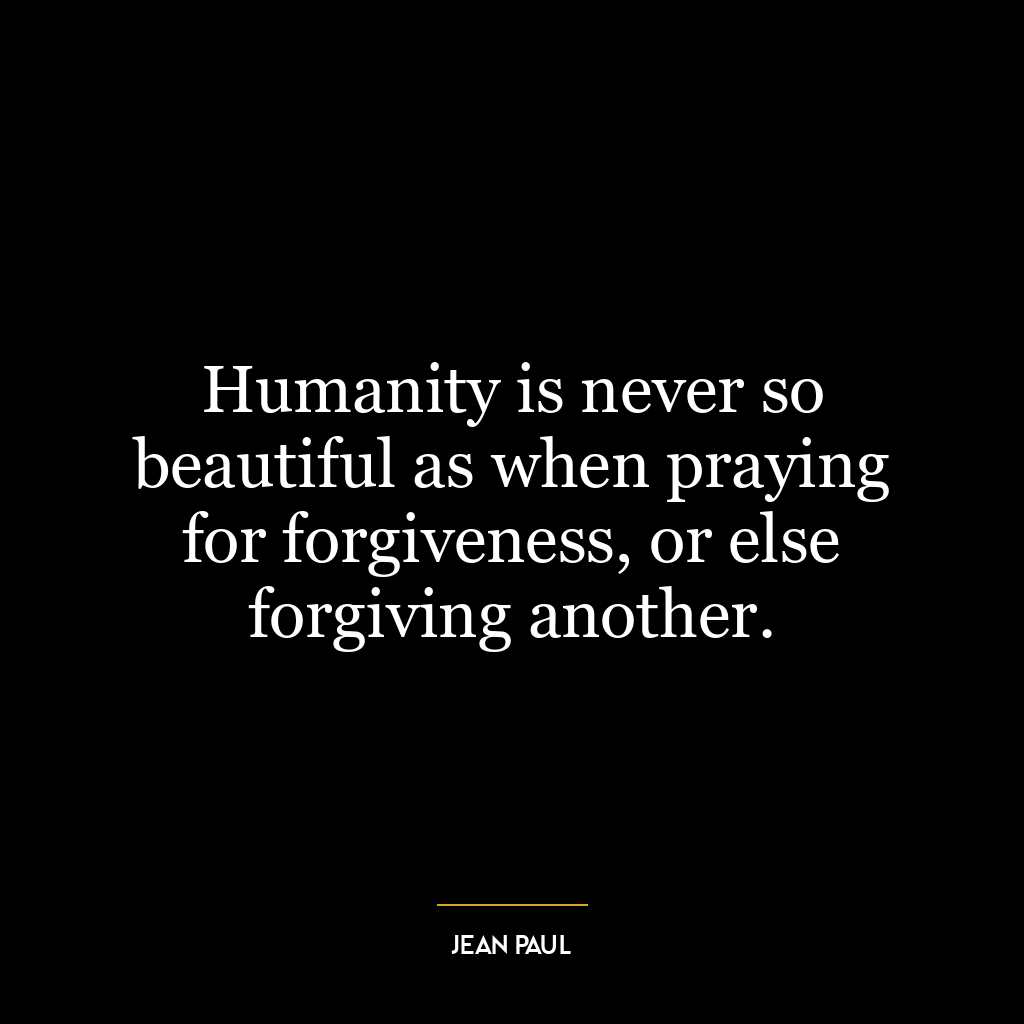Forgive that you may be forgiven.
“Forgive that you may be forgiven” is an enduring principle that speaks to the cyclical nature of forgiveness. Essentially, it means that in order to receive forgiveness from others, we must first be willing to forgive. This quote highlights the reciprocal nature of forgiveness and the idea that our actions, positive or negative, have a way of coming back to us.
The act of forgiving can be seen as a form of releasing resentment or anger towards someone who has wronged us. It is a conscious choice to let go of negative feelings and thoughts of revenge. By forgiving others, we free ourselves from the burden of carrying these negative emotions. In turn, this act of mercy can prompt others to forgive us for our own transgressions. It’s a cycle that promotes healing, reconciliation, and peace.
In today’s world, this quote is just as relevant as it was in Seneca’s time. Our society is often marked by conflict, whether it’s on a global scale, within our communities, or in our personal relationships. The act of forgiving can help to break the cycle of conflict and create a more peaceful and understanding society.
In terms of personal development, practicing forgiveness can lead to emotional growth. Holding onto anger or resentment can be emotionally draining and can prevent us from moving forward. By forgiving others, we allow ourselves to let go of past hurts and focus on our own growth and happiness.
Additionally, understanding the concept of “forgive that you may be forgiven” can help us develop empathy. When we forgive, we put ourselves in the other person’s shoes and acknowledge their humanity. This can foster understanding and compassion, which are key elements in personal development.
In conclusion, “Forgive that you may be forgiven” is a timeless principle that encourages us to practice forgiveness, not just for the sake of others, but for our own peace and personal growth. It’s a reminder that our actions have consequences, and that the mercy we show to others can be returned to us in kind.















